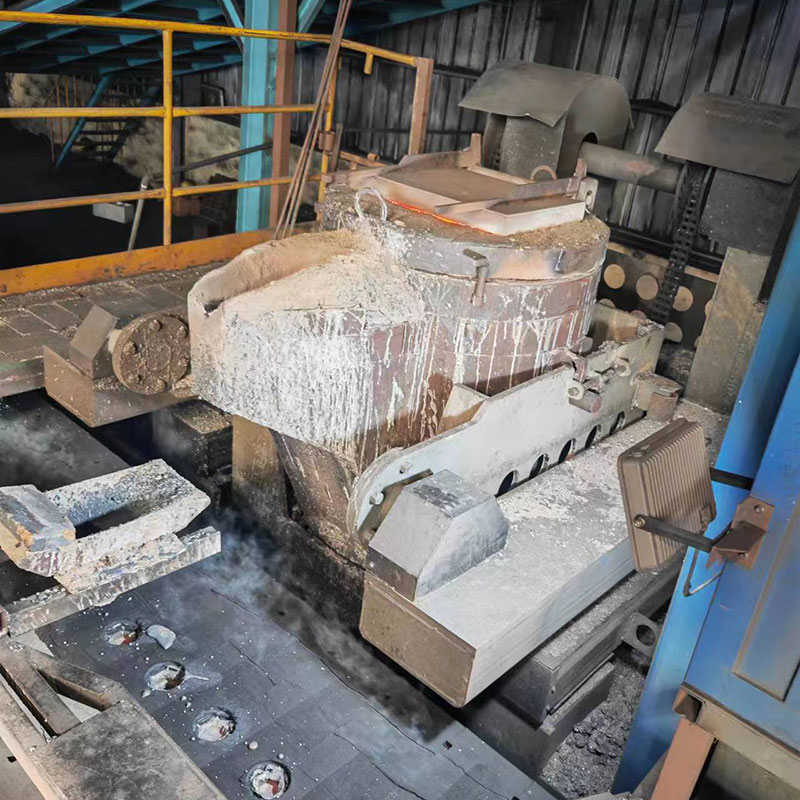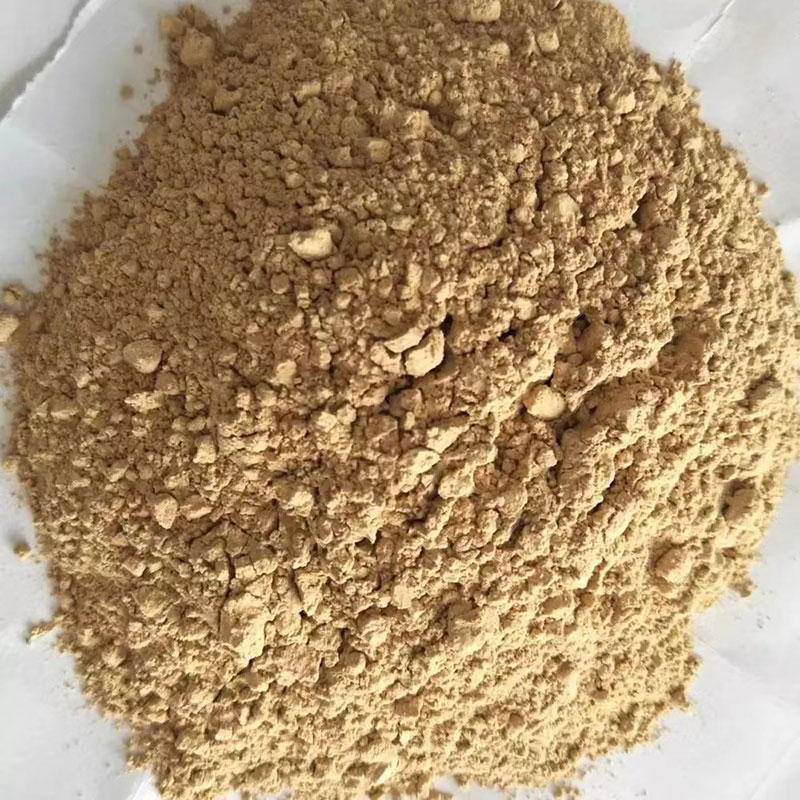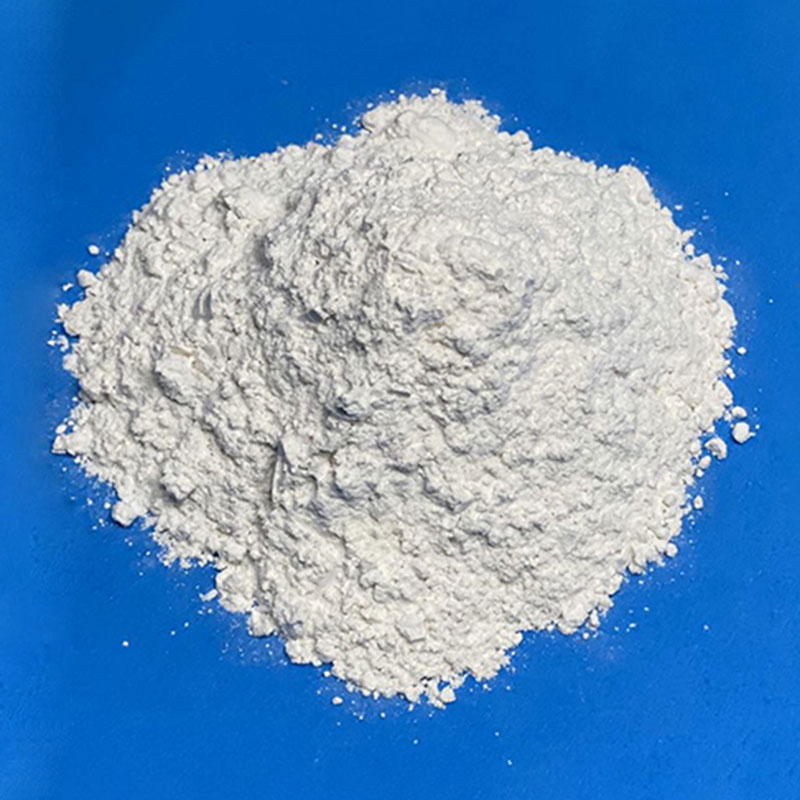Product Introduction of Bentonite for Drilling Fluid
Drilling fluid is an indispensable chemical in petroleum exploration and drilling. Its main function is to cool and lubricate the drill bit, while preventing wellbore collapse and maintaining the stability of the drilling process. The composition of drilling fluid varies depending on specific needs, but usually includes water, mud, and other chemical additives. Among them, bentonite is one of the most commonly used components in drilling fluids.
Bentonite is a clay mineral with extremely strong adsorption capacity, with a sheet-like particle structure that can rapidly expand in liquids. Due to this characteristic, bentonite is widely used in drilling fluids and can play various roles.
Firstly, bentonite can increase the viscosity of the drilling fluid, thereby giving it good suspension performance and ensuring that the drill bit and drill string do not sink. Secondly, bentonite can also adsorb impurities and harmful substances in the drilling fluid, maintaining its cleanliness. In addition, bentonite also has strong lubricating properties, which can reduce the friction between the drill bit and the drill string, and reduce the wear rate of the drill bit. Finally, bentonite can fill the voids in the borehole, prevent the collapse of the wellbore wall, and ensure the safety and stability of the drilling process.
When using bentonite in drilling fluid, attention should be paid to selecting appropriate types of bentonite and additives to achieve the best results. In addition, the content of bentonite in the drilling fluid also needs to be controlled within a reasonable range to avoid affecting drilling efficiency. Therefore, the formula of drilling fluid needs to be adjusted according to specific geological conditions and drilling requirements.
In short, bentonite, as an important component of drilling fluid, can improve the viscosity and cleanliness of the drilling fluid, reduce the wear rate of drill bits and the risk of wellbore collapse, and provide stable guarantee for the drilling process.










